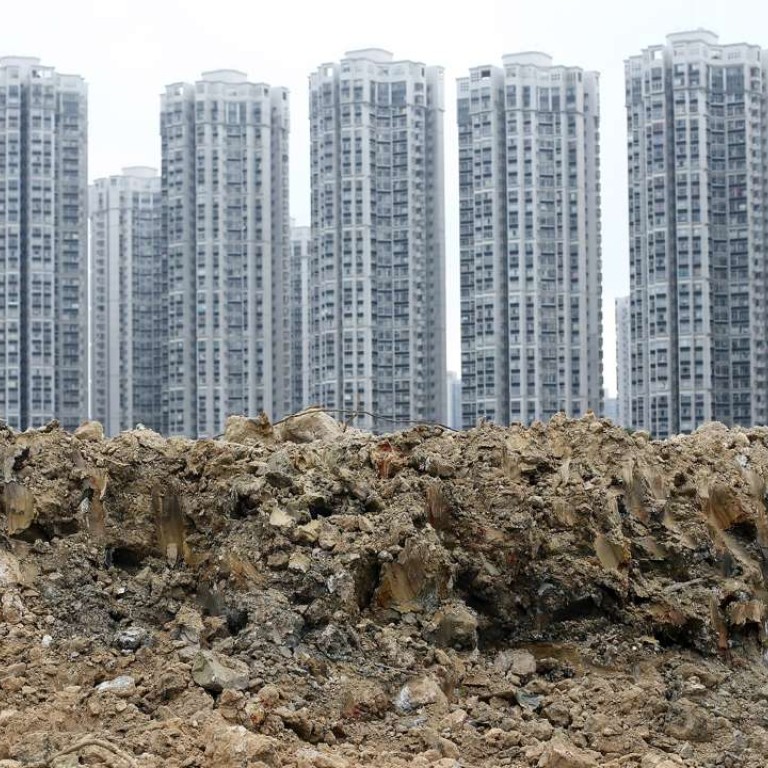
Ombudsman to probe Hong Kong government’s handling of illegal waste dumping cases on private land
Watchdog seeks public views and information on government’s control over landfilling and fly-tipping activities
The Ombudsman will launch a direct investigation into possible inadequacies of the environmental protection, planning and conservation departments in handling illegal landfilling and fly-tipping cases on private land.
The self-initiated probe by the government watchdog comes amid an increased frequency of such activities in the New Territories and on Lantau Island, where loopholes in planning and waste disposal regulations often fail to curb destructive activities.
“Even though actions were taken by the departments concerned, those actions were criticised as futile and ineffective by different sectors of the community,” the office of the watchdog said on Wednesday.
Ombudsman Connie Lau Yin-hing said the three government departments fell within the ambit of the investigation and that the focus of the probe would be on powers, responsibilities, mechanisms and procedures in regard to the control of such illegal landfilling and waste dumping. This would include their enforcement action and its outcomes.
“The aim is to identify inadequacies in the current legal framework, system and enforcement regime,” Lau’s office said.

In a bid to make the investigation “more comprehensive”, the watchdog is seeking views from the public and those affected from now until December 16.
Green groups have long raised concerns about private land – often old agricultural lots near or within ecologically sensitive sites such as country parks – being filled or dumped on in what they describe as “destroy first, develop later” tactics.
A massive “waste hill” in Tin Shui Wai drew public outcry earlier this year and exposed a thicket of government red tape and entangled bureaucracy in response and enforcement.
Meanwhile, a court fight with the government continues over private land dumping in Lantau’s Pui O coastal protection area.
Roy Ng Hei-man of the Conservancy Association welcomed the Ombudsman’s initiative and urged it to pitch real policy and regulatory changes.
“It’s a systematic problem. We have long held the view that amendments are needed in the waste disposal and town planning ordinances,” Ng said. “Those involved can still take advantage of many legal loopholes.”
One example, he said, was the waste disposal ordinance, which he stressed could not regulate illegal dumping on private land even in light of the environmental impact.
Ng also questioned why the Lands Department was left out of the investigation.
The departments said they would cooperate fully when the probe begins.
The Environmental Protection Department handled 119 complaints of illegal landfilling up to June this year, compared to 203 in 2015 and 170 in 2014, with roughly 80 per cent in Yuen Long, North district and outlying islands.

